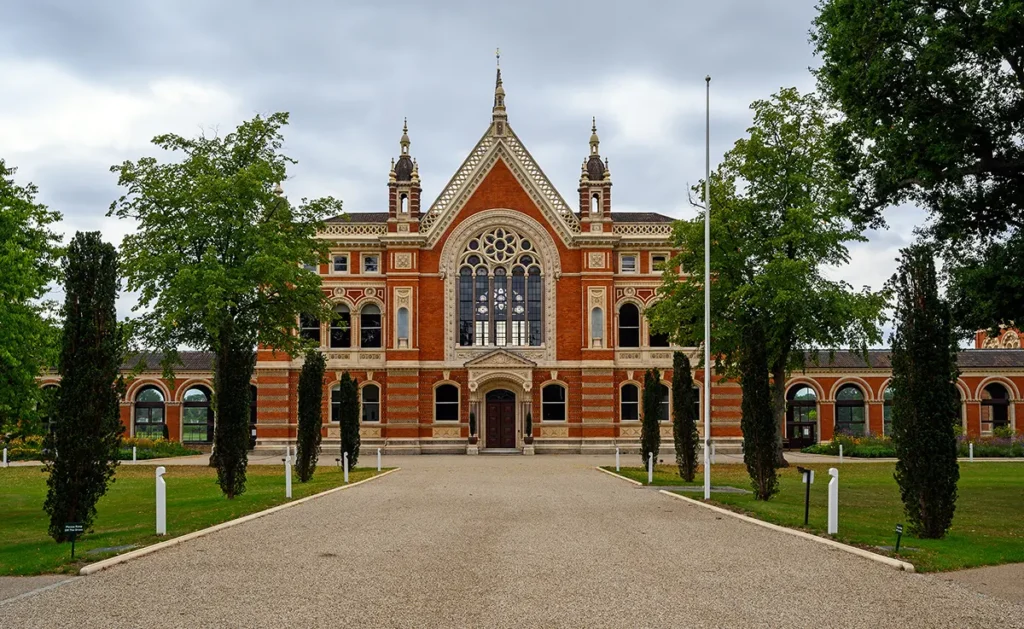Deciding whether state or paid-for education is best for your child.
In the landscape of UK education, the choice between state and private schooling is complex and deeply personal, and in many situations can be a difficult equation for parents to solve.
In truth, each educational path offers its unique benefits and carries certain implications.

State Schools
State-funded education is, of course, a backbone of our society, providing access to a consistent, regulated standard of learning, thanks to the national curriculum and Ofsted oversight.
The diversity in these schools, reflective of our broader society, provides a rich tapestry of experiences and interactions, laying a groundwork for a well-rounded world view, and many parents value this wholesomeness for the life lessons it provides. Diversity, after all, can instil a sense of community and foster empathy and understanding.
Undoubtedly, state schools face challenges. Larger classes can lead to less individualised attention, while budgetary pressures can constrain resource availability.

Private Schools
The independent sector does things very differently, with personalised instruction, borne from smaller class sizes, ensuring every student has an enhanced ability to shine. In addition, superior facilities nurture not only intellect but also talent, and the prestige attached to many private institutions, coupled with robust alumni networks, are compelling benefits.
However, we’re all well aware that this comes with a significant financial consideration. Private education is a substantial investment, and while scholarships and bursaries can offset some of this burden, it’s not an expense every family can shoulder.

The Cultural Divide
Beyond the surface-level differences, a deeper exploration reveals distinct cultural nuances between the two. State schools, due to their broad demographic, tend to reflect a more inclusive microcosm of UK society.
Conversely, private schools often cultivate an environment of exclusivity. The culture is commonly one of high expectations and high achievement. This can fuel ambition and drive, though it can also bring its own pressures and challenges.
Naturally, the purpose of any schooling is for pupils to leave and migrate successfully into the job market, and on this front too, the polarised perceptions of state and private education still exist in society. Put simply, the enduring reputation of top private schools can make them an attractive prospect to employers.
However, the playing field is evolving. Many employers now seek a broad range of experiences, valuing the resilience, adaptability and diverse perspectives that state education offers.
Summing up, the choice between state and private schooling involves myriad factors, from personal and financial circumstances to a student’s aspirations and capabilities. The debate is complex, and the ‘best’ choice is inherently subjective. It requires careful thought, but armed with a deeper understanding of the advantages and subtleties of each, families can make an informed decision that aligns with their child’s needs and future plans.

Factors to consider
First and foremost, consider your child: their academic strengths, extracurricular interests, learning style, and personality. Some children might thrive in the diverse and bustling environment of a state school, while others may fare better with the smaller classes and personalised attention of an independent institution. Encourage open dialogue with your child about their preferences and concerns.
Moreover, remember that education extends beyond the classroom. As much as academic attainment is essential, a well-rounded education also involves character-building, social skills, and exposure to diverse viewpoints. So, visit potential schools together and get a feel for the environment: Are the students engaged and happy? How do teachers interact with pupils? What extracurricular opportunities are available?
Ultimately, the goal is to find a school where your child will not only learn but also thrive socially and personally. And while cost is an important factor, it’s not the only one. A school’s culture, values, and the opportunities it offers for enrichment and personal growth, should weigh just as heavily in your decision.










